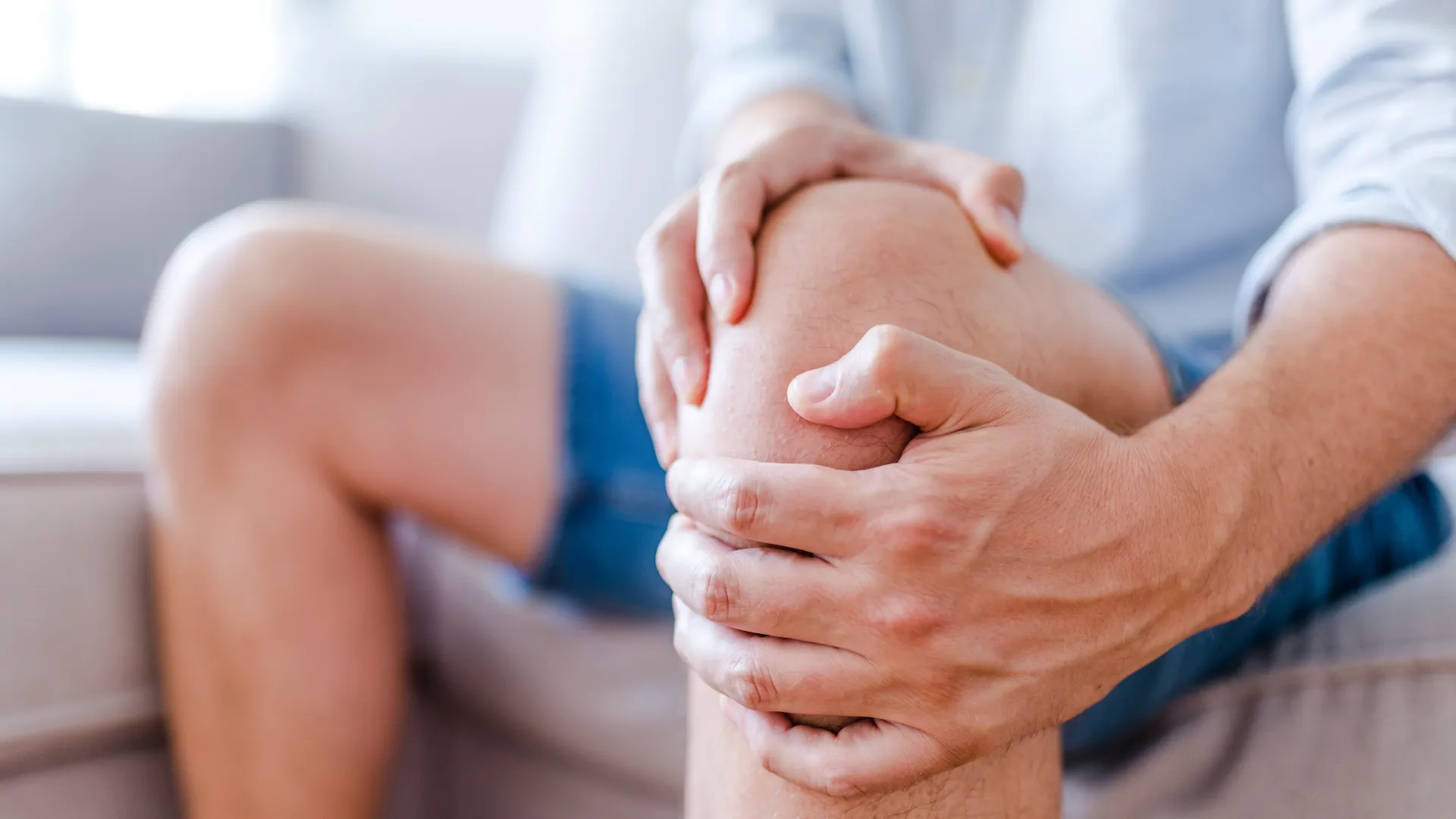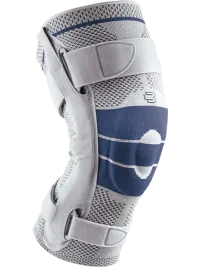
Meniscal Tears
OrthoSouth's Knee Specialists Can Get You Back in the Game
There are two menisci in the knee that act as cushions between the femur and tibia and fibula. Meniscal tears are some of the most frequent cartilage injuries in the knee. They are common in athletes but can affect anyone. They can happen from a tackle or knee twisting injury, or from degeneration over time, as seen in older people.
Causes
Meniscus tears are caused when damage occurs to one of the menisci in the knee. A hard and fast twist or other movement commonly performed in contact sports like football, as well as non-contact sports that require jumping, can cause damage to this area. Older athletes are at increased risk for meniscus tears because the meniscus weaken with age.
Symptoms
Symptoms can include popping, pain, stiffness, swelling, or the knee "giving way."
Diagnosis
Diagnosis of a meniscus tear starts with, and sometimes ends with, a physical exam. Your doctor may move your knee around and observe you squatting or walking. Imaging tests like x-ray and MRI may be used to view the inside of the knee, and in some cases, arthroscopy (a tiny camera inserted into the knee), to examine the location of the injury.
Treatment
Treatment will either be RICE which stands for rest, ice, compression, and elevation, anti-inflammatory medications, bracing, physical therapy, knee injection, or surgery. Surgery options include meniscus repair or partial meniscectomy (removal).
When to See a Doctor
If you injured your knee forcefully, or experience any of the following along with knee pain, make an appointment to see your physician:
Swelling or redness
Pain or tenderness with warmth around the joint
Significant and regular knee pain
Fever
When to Seek Immediate Care
Go straight to urgent care or the emergency room if you experience any of the following:
Your knee appears deformed or kneecap feels out of place
You hear a popping noise at the time of your injury
You are unable to bear weight on the injured knee
You experience intense pain You have sudden swelling
